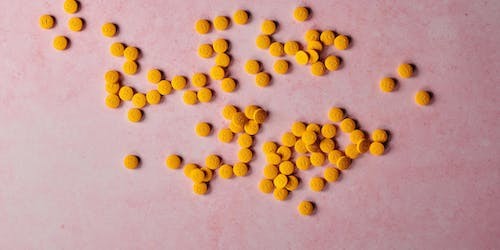
An interesting decision of the Bulgarian regulator banning advertising of food supplement
By its decision of 12 October 2023 the Commission on Protection of Competition ("CPC") found a violation of the prohibition on misleading advertising of a food supplement, ordered the termination of the violation, and imposed a pecuniary sanction amounting to 2.5% of the turnover of the violators.
The subject is an advertising campaign in connection with the promotion of the trademark and the advertising of various products under the name "ABOPHARMA Magnesium 1000". According to the CPC, the way this trademark is used in advertising products creates the possibility of misleading the content of the amount of magnesium in these products. The regulator's analysis covered both the impact of process ads – flyers, videos, posters, and publications, as well as the appearance of the products advertised with this brand.
In its decision, the CPC assumes that the number 1000, which is part of the trademark, is used in such a way that it stands out on the packaging of products and is initially perceived as a unit of measurement, an amount of something. As far as a dietary supplement is concerned in this case, it is quite natural to take it as a certain amount of the element magnesium in the advertised product.
Dietary supplements are used and are designed to increase the daily intake of nutrients. It is known that nutrients are responsible for the biological processes occurring in the human body – from the restoration of damaged tissue to the supply of energy. However, having higher-than-recommended levels of any essential nutrient can negatively affect our health. It is for this reason that the presentation of information (in this case the quantity of the element concerned) should be as clear as possible and should not create prerequisites for deception, and the trader distributing them should be responsible for this.
In this particular case, food supplements are promoted and targeted at the general public, marketed freely (consultation with a pharmacist is not required), and without medical prescription. A large number of these consumers, as a result of advertising, can buy these products without thinking about the value of the recommended daily intake of magnesium, as long as, after being marketed, they meet the legal requirements. In this case, the information about the recommended daily intake is essential information for the user.
It is established that formal information about the recommended daily intake is present on the packaging in accordance with the regulations, but it is not present in the promotional materials of the process products (neither in the advertising clips nor in the leaflets or brochures). The singular number (1000) used and displayed in the ads, has no relation to the specific amount of magnesium corresponding to the recommended daily intake. The use of different numbers on the package ( (i) recommended daily intake, (ii) amount of magnesium, and (iii) number without significance used on the package and clearly visible in advertising) can further confuse the consumer.
According to the CPC on the market of distribution of food supplements – magnesium, different numbers are used on the packaging of competing products, and usually the relevant unit of measurement is indicated and these numbers correspond to the amount of magnesium in the respective products. Whereas the number 1 000 indicated on the packaging of the concerned products does not correspond to any of the forms of magnesium incorporated therein.
The decision is not final and is subject to appeal before the Sofia Administrative Court.